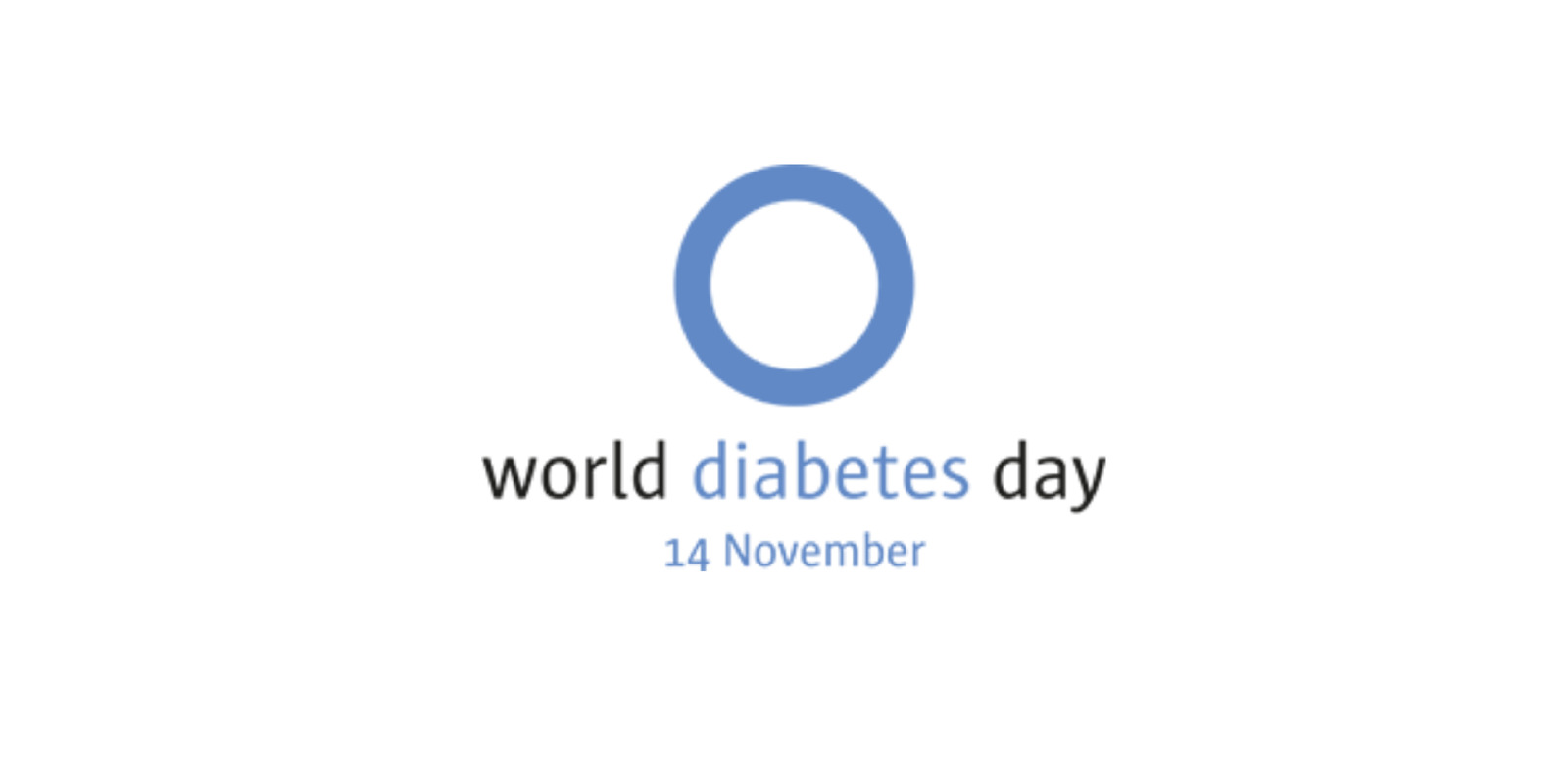
What Do We Know About Diabetes?
Dr. Ilir Mecini, Deputy Team Leader, Integrated Health Services project (www.ihsproject.org)
Diabetes is a prevalent and often misunderstood medical condition that affects millions of people worldwide. It is essential to debunk the myths and misconceptions surrounding diabetes to promote awareness, understanding, and empathy.
Misconception: You can “catch” diabetes from someone else
Explanation: Diabetes is not contagious. You cannot contract it from being in close contact with someone who has the condition. It is not a transmissible disease like a cold or flu. Diabetes results from a combination of genetic, lifestyle, and environmental factors, and it is not something that can be transmitted from one person to another.
Misconception: Eating too much sugar causes diabetes
Explanation: One of the most persistent misconceptions is the belief that consuming too much sugar directly causes diabetes. While excessive sugar consumption is not advisable for various health reasons, it does not directly lead to diabetes. Diabetes is a complex condition influenced by genetic, lifestyle, and environmental factors. Type 1 diabetes, for example, is an autoimmune disease, and it is not associated with sugar intake. In contrast, Type 2 diabetes may be linked to poor dietary choices, but it is not solely caused by sugar consumption. Genetic predisposition and other lifestyle factors such as obesity and lack of physical activity also play significant roles in the development of Type 2 diabetes.
Misconception: Insulin cures diabetes
Explanation: A prevalent myth is that insulin is a cure for diabetes. While insulin is a critical treatment for individuals with diabetes, it is not a cure. Type 1 diabetes, in particular, requires lifelong insulin therapy because the pancreas does not produce insulin. Type 2 diabetes may also require insulin in advanced stages when other treatments are no longer effective. However, insulin helps manage blood sugar levels; it does not eliminate the underlying causes of diabetes. Lifestyle changes, diet, and other medications are often necessary to complement insulin therapy.
Misconception: Type 1 and Type 2 diabetes are identical
Explanation: In reality, these two conditions are significantly distinct, despite their association with insulin. Type 1 diabetes occurs when the body ceases to produce insulin due to an autoimmune response where the immune system mistakenly attacks the body. This form of diabetes is relatively rare, and typically emerging at a young age. People with type 1 diabetes must regularly administer insulin injections to facilitate the conversion of food into energy. On the other hand, individuals with type 2 diabetes do produce insulin, but their bodies struggle to use it effectively. Type 2 diabetes can often be managed through lifestyle modifications like diet and exercise, although many individuals also require medication to control the condition.
Misconception: People with diabetes cannot eat carbohydrates
Explanation: Another common misunderstanding is that individuals with diabetes must avoid all carbohydrates. While it is essential for people with diabetes to manage their carbohydrate intake, it is not necessary to completely eliminate carbohydrates from their diet. Carbohydrates provide energy, and many healthy foods, such as fruits, vegetables, and whole grains, are rich in carbohydrates. Instead, individuals with diabetes should focus on portion control, balanced meals, and choosing complex carbohydrates that have a slower impact on blood sugar levels.
Misconception: Type 2 diabetes only affects the elderly
Explanation: While type 2 diabetes commonly arises in middle-aged and older adults, it is now becoming more prevalent among younger populations, including children, teenagers, and young adults.
Misconception: There’s a cure for diabetes
Explanation: While there are ongoing research and clinical trials exploring potential cures for diabetes, there is currently no known cure for type 1 diabetes, and type 2 diabetes can often be managed but not completely cured. It’s a chronic condition that requires ongoing care and attention.
Misconception: Avoiding fruit is necessary for people with diabetes
Explanation: There’s a prevalent misconception that individuals with diabetes should steer clear of fruit due to its inherent sugar content. However, fruits are rich in vital vitamins, minerals, and dietary fiber. It’s important to note that while fruits contain natural sugars, they typically have a low glycemic index, which implies that they have a minimal effect on blood sugar levels. Nevertheless, practicing moderation and controlling portion sizes is crucial.
Misconception: Managing diabetes invariably demands insulin injections
Explanation: It’s worth noting that diabetes management doesn’t universally necessitate insulin injections. While it’s accurate that individuals with type 1 diabetes require insulin injections, this isn’t always the situation for those with type 2 diabetes. Type 2 diabetes is frequently manageable through lifestyle adjustments, weight control, and oral medications.
Debunking misconceptions about diabetes is crucial for promoting a better understanding of this complex medical condition. Diabetes is not solely caused by sugar consumption, it affects people of all body types, it is a serious disease with potentially severe consequences, insulin is not a cure, and carbohydrate restriction is not necessary. It is imperative to rely on accurate information and raise awareness to combat the stigma and misconceptions surrounding diabetes.